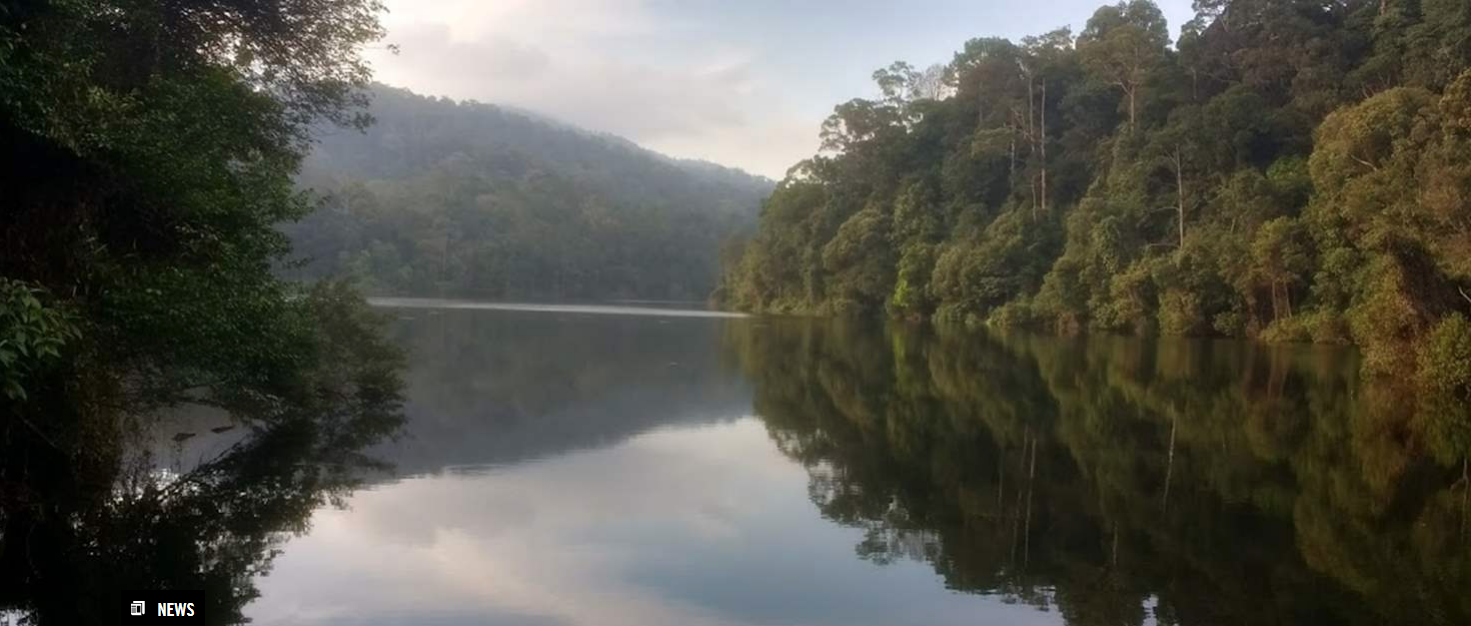Indigenous communities across Malaysia face relentless harassment, intimidation, arrest, violence and even death as they peacefully resist attempts to force them off land they consider ancestral, a report by Amnesty International reveals today.
The report, “The Forest Is Our Heartbeat:” The Struggle to Defend Indigenous Land in Malaysia, documents the countless obstacles faced by members of Indigenous communities and those who advocate on their behalf across the country. Amnesty International’s investigation is based on dozens of interviews with Indigenous community members, village heads, local activists, members of civil society organizations, lawyers, academics and journalists across Peninsular Malaysia, as well as Sabah and Sarawak.
“The government is failing to protect Indigenous peoples’ right to land, which on paper is recognized under Malaysian law,” said Rachel Chhoa-Howard, Malaysia Researcher at Amnesty International. “Indigenous cultures are at risk of disappearing completely, together with Malaysia’s forests.”
“From our research, it is clear the Federal and state authorities are in denial about the scale of abuses against Indigenous peoples. The new government must intervene urgently to introduce immediate reforms, as promised in its election manifesto.”
Violence and harassment
The report shows how the murder of the Indigenous activist Bill Kayong – a vocal advocate for Indigenous peoples’ land rights who was gunned down in broad daylight in Miri in June 2016 – came amidst a wider climate of violence, intimidation and harassment faced by human rights defenders in Sarawak.
People described as ‘gangsters’ armed with swords or other weapons have been found to confront, harass and physically attack community leaders and activists with impunity. Other people Amnesty International spoke to told how police, government officials and agencies have threatened, arrested and investigated community members and human rights defenders across Malaysia. State authorities have demolished peaceful blockades of communities seeking to protect their land claims.
This includes the case of Gua Musang, Kelantan, where some people told Amnesty International that they were arrested and interrogated by police in clear relation to their roles in peaceful protests in defence of their land. Several journalists also told Amnesty International that they were questioned and detained simply for documenting the protests.
No accountability or protection
The report also details the systematic lack of accountability for abuses. Perhaps owing to its shocking violence, Bill Kayong’s murder is the only case Amnesty International documented where a person has been convicted of a crime. A crime that his relatives believe could have been prevented:
“Bill had filed lots of police reports. I am really not satisfied with how the police handled the case and I believe if the police did their job effectively and on time my brother would still be alive,” a relative told Amnesty International. “Nothing was done, no action was taken.”
While the alleged gunman was found guilty, no charges have ever been brought against anyone suspected of ordering the killing. The Kayong family is appealing to the new Attorney General, to re-examine the case.
“In a significant number of cases we’ve heard, the Malaysian government has failed to adequately investigate the human rights violations reported by communities,” said Rachel Chhoa-Howard. “In cases of attacks, assaults and threats by people described as ‘gangsters’, witnesses told us that the police showed shocking indifference.”
“As Bill’s case tragically shows, when the state fails to protect those defending Indigenous peoples’ land, it undermines their vital work – and exposes them to even greater danger.”
Lack of progress
These findings emerge as Malaysia’s new governing Pakatan Harapan coalition embarks on a reform agenda following its electoral victory in May 2018. Its campaign manifesto pledged to ‘recognise, uphold and protect the dignity and rights’ of the Indigenous peoples of Malaysia.
“More than one in ten people in Malaysia belong to an Indigenous community,” said Rachel Chhoa-Howard. “It is clear that since the report of the National Inquiry on Indigenous land in 2013, there has been almost no progress on Indigenous land matters in the country.”
“In particular, Indigenous people told us that the government had not obtained their free, prior and informed consent for development projects. It is high time for the government to act – the future of the country’s forests and Indigenous peoples depends on it.”
Time for action
The report outlines some clear areas for action. These include strengthening and expanding legal and policy protections for human rights defenders, to ensure they can work safely and free from harassment. The Malaysian government must carry out prompt, thorough and impartial investigations into attacks, threats and assaults against human rights defenders. It must also ratify key conventions to protect and promote Indigenous people’s rights, including the International Covenant on Civil and Political Rights, and the International Covenant on Economic, Social and Cultural Rights (ICESCR).
Crucially, the government must also reverse its recent decision not to ratify the International Covenant on the Elimination of all forms of Racial Discrimination (ICERD). “It is deeply disappointing that the government has backtracked on its promise to ratify ICERD” said Rachel Chhoa-Howard. “The purpose of ICERD is to protect the rights of all people without discrimination.”
“55 out of 57 OIC states have ratified ICERD, except for Malaysia and Brunei, as have seven of ASEAN’s 10 states. The government must reconsider this decision if it is to protect Malaysia’s Indigenous people from the appalling levels of harassment and abuses shown in our report.”
Access the report: https://www.amnesty.org/en/documents/asa28/9424/2018/en/
For more information, or to arrange an interview, please contact:
Lucy Scholey, Amnesty International Canada (English), lscholey@amnesty.ca, 613-744-7667 ext. 236






















